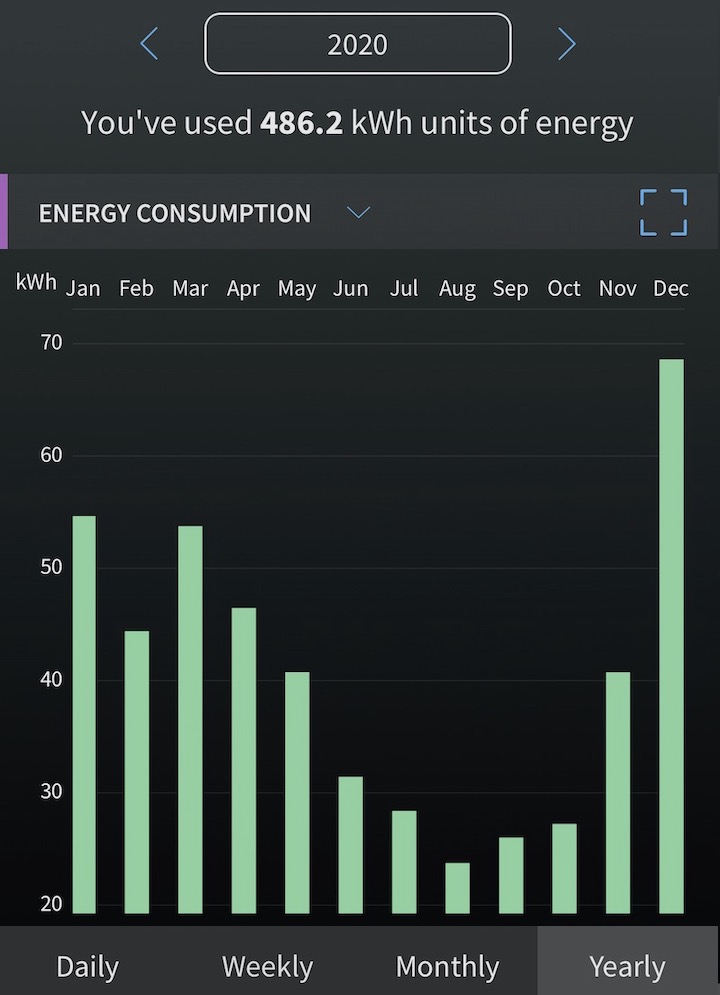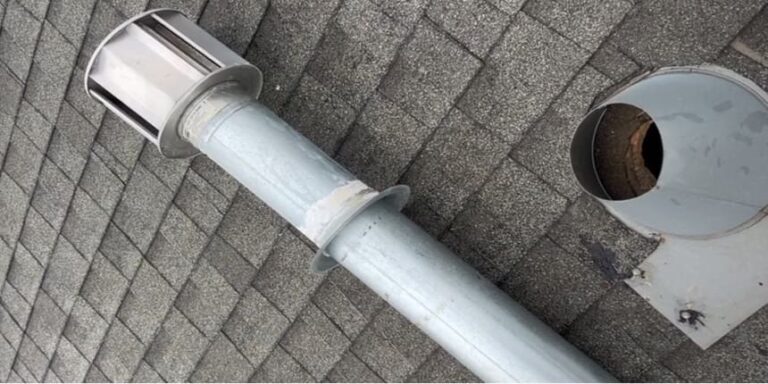Does your water heater need to be GFCI protected? This question might seem trivial, but understanding the answer is crucial for your safety and peace of mind.
Imagine this: a quiet morning disrupted by an unexpected electrical fault, risking your safety and potentially causing expensive damage. You certainly want to avoid such scenarios, right? Knowing whether your water heater requires a GFCI (Ground Fault Circuit Interrupter) isn’t just about following regulations; it’s about ensuring the safety of your home and family.
GFCI protection is designed to prevent electrical shocks by cutting off power when it detects an imbalance. But how does this apply to water heaters? And what does it mean for your home? You’ll discover why GFCI protection could be essential for your water heater, the potential risks of ignoring it, and how it could save you from costly repairs or even life-threatening situations. Keep reading to uncover the facts that can help you make informed decisions and safeguard your home effectively.
Understanding Gfci Protection
A GFCIstands for Ground Fault Circuit Interrupter. It is a device that protects people from electric shocks. It stops electricity if a fault is detected. This is important in wet areas like bathrooms and kitchens.
Some people wonder if a water heater needs GFCI protection. It depends on the location of the heater. If it’s near water, GFCI may be necessary. Always check local building codes. They provide specific rules about electrical safety.
Safety should always be first. Proper installation is key. Consult with a professional electrician. They can ensure everything is up to code. This prevents accidents and ensures peace of mind.
Credit: www.diychatroom.com
Role Of A Water Heater
Water heaters are important for warm water. They heat water for showers and baths. Homes use them for washing dishes and clothes. Warm water is a must for comfort. It helps in keeping clean and healthy. Water heaters come in different types. Some use gas, others use electricity. They all have a common task. That is, to make water warm. This makes daily tasks easier. They work quietly in the background. Most people only notice when they break. They are a valuable part of a home.
Safety Standards And Regulations
The National Electrical Code (NEC)is a guide for electrical safety. It says where to use GFCI protection. GFCI stands for Ground-Fault Circuit Interrupter. It keeps us safe from electric shocks. The NEC tells where GFCIs are needed in homes. It includes places near water, like kitchens and bathrooms. These rules help protect families.
Local building codes are rules for building safety. They can be different from place to place. Some places might need GFCI protection for water heaters. Others might not. It’s important to check local codes. These codes help keep homes safe and up to date. Always follow the rules in your area.
Benefits Of Gfci For Water Heaters
GFCI protection keeps families safe from electrical shocks. It quickly cuts off electricity when needed. This helps prevent accidents. Water heaters often mix water and electricity. This can be risky without GFCI. Even small leaks can cause big issues. But with GFCI, the risk is lower. It’s like a safety shield for your home.
GFCI protection helps stop electrical fires. It detects problems fast. This prevents sparks and overheating. Water heaters use a lot of power. Without GFCI, the risk is higher. GFCI makes sure everything runs safely. It protects both the heater and the home.
Potential Drawbacks
GFCI protection can increase costs. Electricians might charge more. These devices aren’t cheap. Safety comes with a price. You need proper wiring. That means extra work. Materials add up too. Extra labor hours might be needed. Each part costs money. Planning can be complex. Installation takes time and money.
Regular maintenance is important. GFCI devices can trip. Troubleshooting might be needed. They must be checked often. Dust can affect performance. Moisture can cause issues. Electricians might need to visit. These devices can wear out. They aren’t perfect. Regular checks ensure safety.

Credit: www.amazon.com
Alternatives To Gfci Protection
Standard circuit breakers are common in homes. They protect against too much electricity. When electricity is too high, they turn off. This stops wires from getting too hot. It’s a basic safety feature. But they don’t stop small shocks. GFCI is better for shock protection. Yet, for many homes, standard breakers are enough. They are less expensive than GFCI. Many people use them for water heaters.
A dedicated circuit just serves one appliance. Like a water heater. This means no sharing with other devices. It has a special breaker in the panel. This helps keep the water heater safe. It prevents overloading. It’s like having a special lane on a highway. Only for your water heater. This setup is safer and more reliable. A dedicated circuit can last many years.
Expert Opinions
Electrical experts discuss the importance of GFCI protectionfor water heaters. GFCI stands for Ground Fault Circuit Interrupter. It helps stop electric shocks. This protection is essential in wet areas. Water heaters near sinks or bathtubs must be safe. Some professionals say it’s a must-have. Others think it’s good, but not always needed. Always follow local codes and rules. These rules keep homes safe and sound.
Safety inspectors focus on keeping people safe. They check if water heaters have GFCI protection. This protection stops accidents. Inspectors say GFCI is vital in wet places. It stops electric dangers. They suggest following all safety guidelines. Each home should be inspected. This ensures safety for everyone. Always ask inspectors for advice. Their job is to keep you safe.
Making The Right Decision
Deciding on GFCI protection for water heaters can be tricky. Safety is a top priority. Some homes may require it due to local codes. Others might not need it. Check the age of your home. Older homes may lack modern safety features. Consider the location of the water heater. Near water? GFCI might be essential.
Professionals can guide you on the best choice. They know about local rules. Their advice can prevent accidents. Hiring an expert ensures proper installation. Electricians have the skills needed. They can spot potential problems. Consulting saves time and worry. Always trust their recommendations.
Credit: www.diychatroom.com
Conclusion
Deciding on GFCI protection for your water heater is important. Safety first. Understand the risks and benefits. GFCI protection can prevent electrical shocks. It adds a layer of safety in wet areas. Check local codes and guidelines. They might require GFCI protection.
Consult a professional electrician if unsure. They can offer expert advice. A safe home is a happy home. Protect your family from potential hazards. Take the time to ensure your water heater is safe. It’s worth it.


